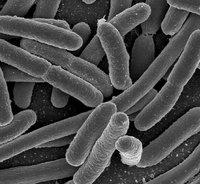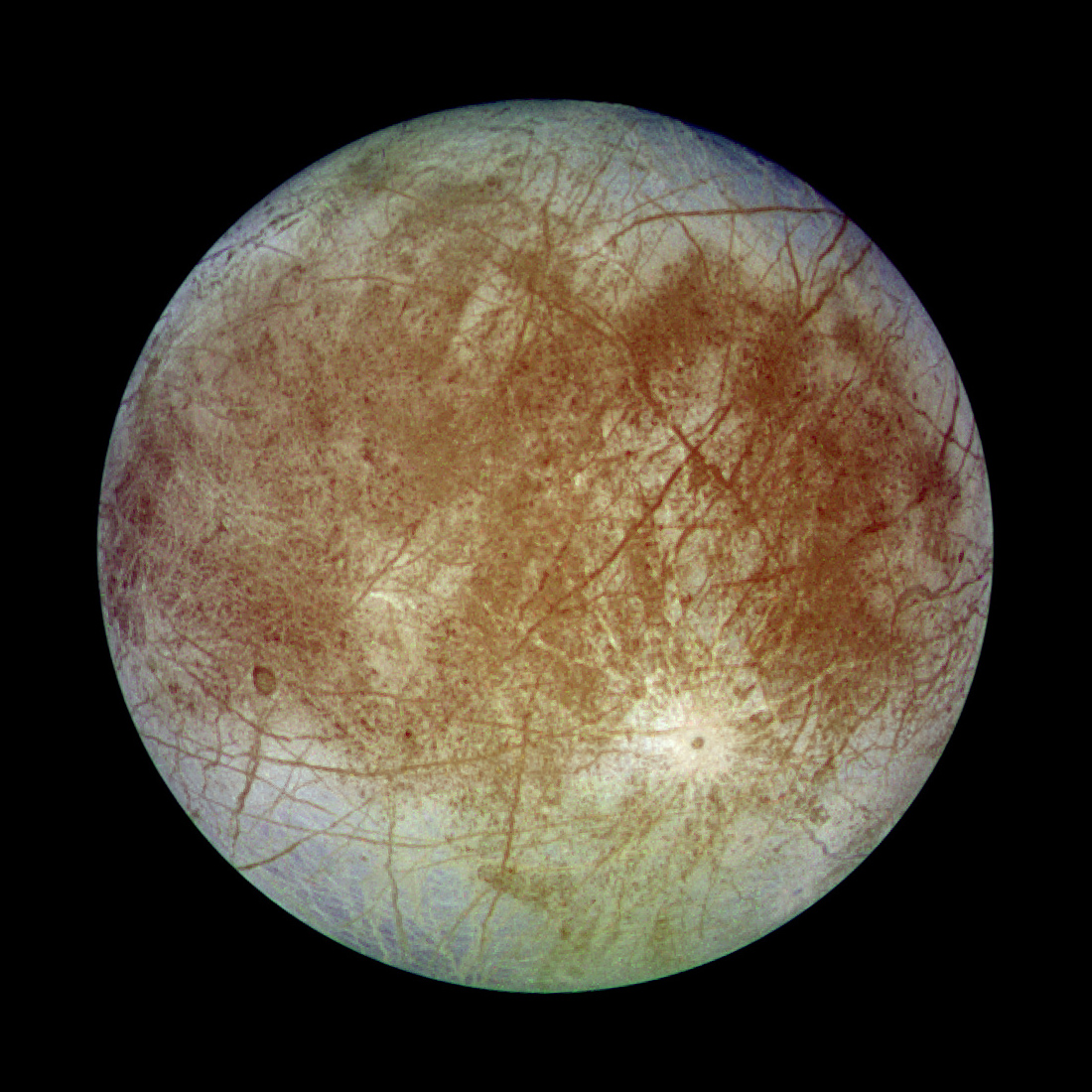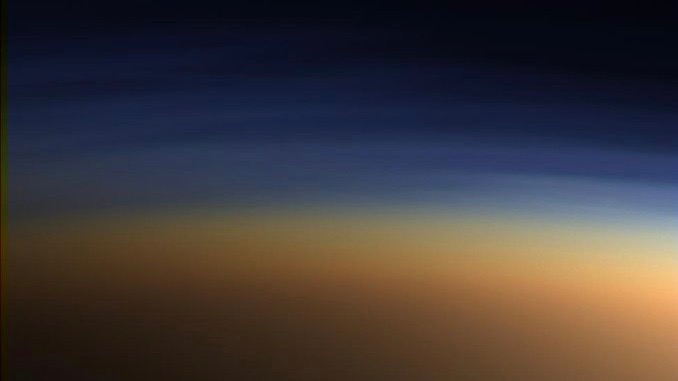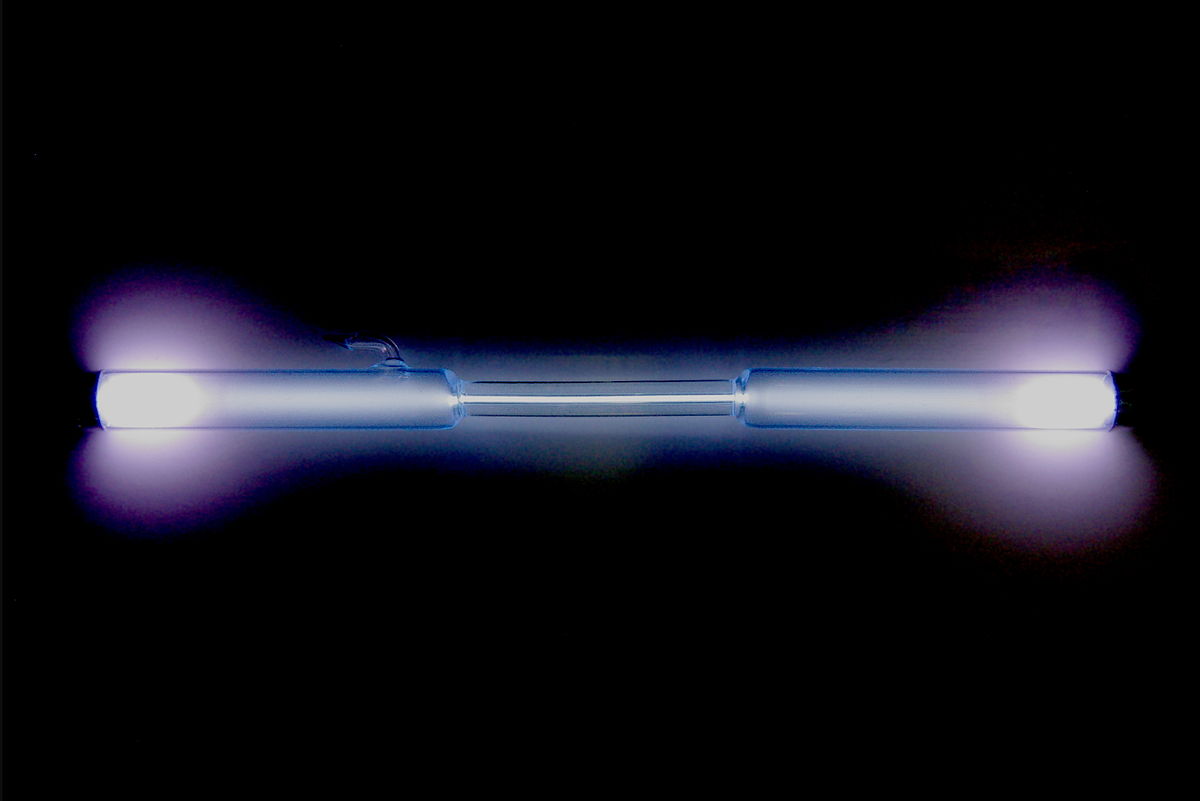
The evolution and spread of microbial communities into new ecological niches has profoundly shaped our planet’s biogeochemical cycles and habitability over geological time. However, the molecular mechanisms of microbial adaptation to the environment are not well understood, yet understanding these processes can give us insights into how microorganisms have co-evolved with the planet throughout its history. We are examining archaeal genomes isolated from Yellowstone hot springs to ask how the acquisition of new genes affects the evolutionary trajectory of a microbial lineage, and to determine what types of genes are most frequently transferred as a means to adapt to new environments. Through these techniques we can also begin to reconstruct evolutionary history, and trace these processes to the origin and spread of key metabolisms during the Archaean era. Through this we hope to shed light on the mechanisms by which microorganisms adapt to new ecological niches, and to understand how metabolic networks spread across the biosphere.
 Getting Under Europa’s Skin
Getting Under Europa’s Skin Tracing Formation and Evolution of Outer Solar System Bodies Through Stable Isotopes and Noble Gas Abundances
Tracing Formation and Evolution of Outer Solar System Bodies Through Stable Isotopes and Noble Gas Abundances Photosynthesis, a Planetary Revolution
Photosynthesis, a Planetary Revolution Xenon: King of the Gases
Xenon: King of the Gases